After many years of playing the role of "important driving force" promoting growth, creating jobs and contributing to the budget, the private sector is expected to rise to become one of the strong pillars of the economy . However, on that journey, many private enterprises are still facing institutional and legal barriers, limited access to resources and fear of being criminalized in the business process.
There are many barriers
Saigon 5 Real Estate Development Corporation recently had to "cry for help" because of administrative procedures that were not complicated but had caused the company's Binh Dang commercial service area - apartment project in District 8 (HCMC) to be stalled for many years. The company borrowed money from the bank and invested about 260 billion VND in the foundation and related items. Up to now, the company has to pay more than 1 billion VND in bank interest each month, more than 50% of its employees have quit their jobs. Banks have announced that if the project cannot be implemented and the company's financial situation does not improve, the possibility of the project being transferred to bad debt is very high.
Mr. Dang Anh Tu, General Director of the company, said that the main problem was the company name when converting the legal entity from a 100% state-owned enterprise to a joint stock company, so the project had to stop in 2019. Ho Chi Minh City leaders then gave strong instructions, so the update of the new legal entity name was completed. However, new problems arose because the Department of Construction requested to update the 1/2,000 planning from the People's Committee of District 8, and at the same time contacted the Department of Planning and Investment (currently the Department of Finance) to adjust the progress in the investment approval decision because the project was 6 years behind schedule.
At the end of 2024, Vice Chairman of the Ho Chi Minh City People's Committee Bui Xuan Cuong continuously issued directives, but after more than 7 months, the project's problems have not been resolved. Recently, after the company called for help, Vice Chairman Bui Xuan Cuong continued to issue a document criticizing the Department of Construction and the Department of Finance, and at the same time requested to urgently remove the problems and report the results to the Ho Chi Minh City People's Committee before June 10. "There are viewpoints, instructions from above, but the executors do not do it, meaning that the top is "hot" while the bottom, the people doing it are "cold". The Prime Minister also made it clear that whether it is possible or not, whether it is done or not, must be answered quickly so that businesses know, and we cannot let a large state asset be lost for such an unworthy reason" - Mr. Tu shared.
Also related to the procedural issue, Mr. Truong Sy Ba, Chairman of the Board of Directors of Tan Long Group, said that the company aims to increase the pig herd to 10 million by 2030, but the prerequisite is that administrative procedures must be more open and faster. Currently, from the time of buying land to starting the farm takes about 3 years, causing great obstacles for the company. Therefore, the company has to buy back licensed projects at high costs, reducing competitiveness. In addition, according to regulations, expansion projects over 3,000 billion VND must report to the National Competition Commission and wait 90 days or more for approval. This is a major bottleneck that needs to be resolved.
Meanwhile, Mr. Vuong Quoc Toan, Chairman of Lan Hung Real Estate Group Joint Stock Company, said that many small and medium enterprises are currently having difficulty accessing land and capital, and are unable to rent land for production and business. While there are many industrial parks nationwide, most of them only rent land from 1 hectare or more, costing about 30 billion VND, beyond the capacity of small enterprises that only need to rent 1,000 - 3,000 m² for about 5-10 billion VND.
Mr. Toan proposed the effective implementation of Resolution 68 of the Politburo , which allows localities to use the budget to support investment in infrastructure for industrial parks, industrial clusters, and technology incubators. Investors should reserve suitable land funds for lease to small enterprises, high-tech enterprises, and startups, with proper planning, complete infrastructure, fire prevention, environment, etc. so that they can develop.
Tension over tax issues
In addition to the procedural issue, Mr. Truong Sy Ba also added that his group is the first enterprise to bring Vietnamese rice to the Japanese market under the AAN brand, not under a foreign brand. In 2024, the enterprise exported up to 5,000 tons of branded rice to Japan, and this year the plan is to reach 30,000 tons - a record.
To achieve this goal, businesses must focus on investing heavily in modern technology for preservation, production, and processing to reduce post-harvest losses. To invest in qualified modern technological lines, businesses need a wider and more open source of capital, but the current interest rate is still fluctuating between 8% and 10%, which is a big challenge. Because the profit margin of the agricultural sector is not high, he recommended more preferential interest rates for the agricultural sector, especially giving priority to units that are investing heavily in infrastructure, processing, and post-harvest preservation.
Mr. Hoang Van Thuy, General Director of Dai Hoang Thuy Joint Stock Company (HCMC) - specializing in coffee trading, frankly expressed that private enterprises are still facing many difficulties even though the government is promoting institutional reform and creating a favorable investment and business environment.
According to him, administrative procedures are still cumbersome and even take more time than before. Specifically, businesses wishing to purchase new cars now have to spend 2-3 weeks to complete the paperwork, while previously it only took about 3 days.
Previously, enterprises regularly received inspection delegations, then reduced to 1 delegation per year but only maintained for 1 or 2 years. Currently, enterprises still have to receive one delegation after another: from economic police, environment, market management, food safety... There are even inspection delegations that do not announce in advance, they come whenever they want to inspect.
A major problem today is that businesses cannot purchase agricultural products directly from farmers because they do not have invoices. Therefore, businesses are forced to buy through intermediaries, causing prices to rise, causing losses for businesses. "Previously, farmers only needed to make a list of the date, time and quantity sold. Now, according to regulations, they have to issue invoices - something that most farmers cannot do," said Mr. Thuy.
According to Mr. Thuy, private enterprises are "walking on a tightrope", especially in tax matters, which can easily lead to violations, and if violated, can lead to criminal prosecution. Meanwhile, there are too many related laws that enterprises cannot fully understand, not to mention the overlapping regulations, which can easily lead to "unknowingly violating".
The problem is how to limit the prosecution of enterprises. Because a violating enterprise will lead to many consequences: workers will be affected, banks and customers will also be implicated. Therefore, Mr. Thuy recommends that in cases where the violation is not too serious, there should be a form of warning or administrative punishment so that they have the opportunity to correct it and the state can still collect taxes.
Agreeing with the wishes of enterprises, Dr. Do Thien Anh Tuan, Fulbright School of Public Policy and Management, pointed out a particularly important issue emphasized by Resolution 68, which is to soon institutionalize the viewpoint of "not criminalizing economic and civil relations". Because the abuse of criminal measures in handling economic relations has caused anxiety and insecurity for enterprises and businessmen, reducing the motivation for innovation.
"It is necessary to quickly concretize legal principles in the direction of taking prevention and overcoming consequences as the main focus, only handling criminal cases when there is sufficient and clear evidence of criminal acts. Do not allow the situation of taking advantage of criminal measures as a tool for administrative intervention or creating pressure on enterprises. This is important content to build a safe and transparent investment and business environment, promoting enterprises to confidently develop and expand their scale, contributing to creating growth momentum for the economy" - Dr. Do Thien Anh Tuan said.
(According to NLĐ)
Source: https://baoyenbai.com.vn/12/351285/Cai-cach-the-che-manh-hon-nua.aspx










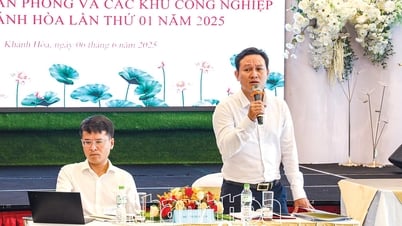


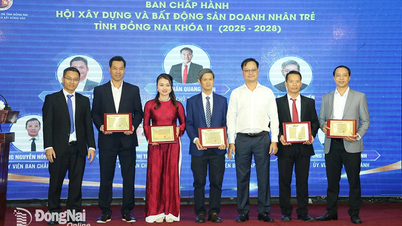



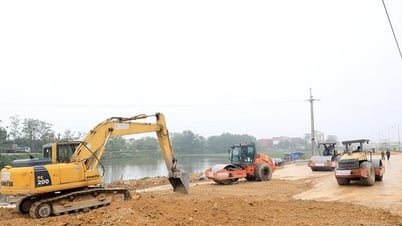





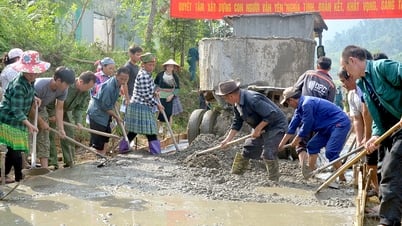
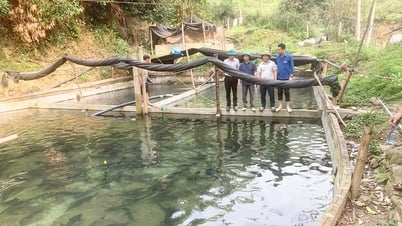
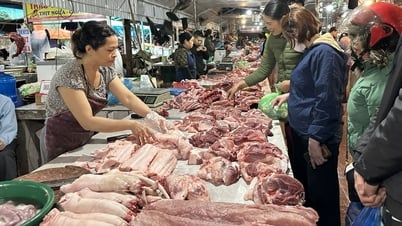
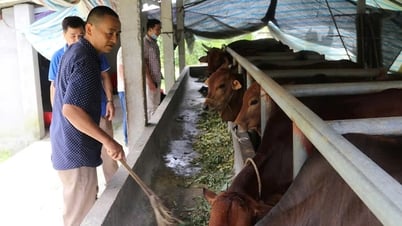


![[Photo] President Luong Cuong works with Hung Yen and Thai Binh Provincial Party Committees on implementing Resolution of the 11th Central Conference, 13th tenure](https://vphoto.vietnam.vn/thumb/1200x675/vietnam/resource/IMAGE/2025/6/6/127b735d2761484d81dcee0d7725a25b)

![[Photo] General Secretary To Lam receives Korean Ambassador to Vietnam](https://vphoto.vietnam.vn/thumb/1200x675/vietnam/resource/IMAGE/2025/6/6/a0765b7543784cbcbfe4755b67d43ab4)




























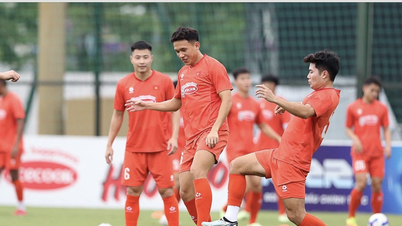
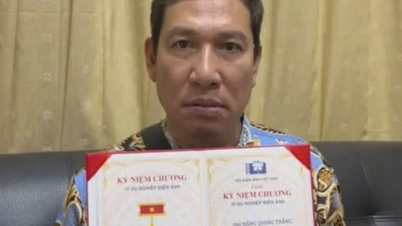












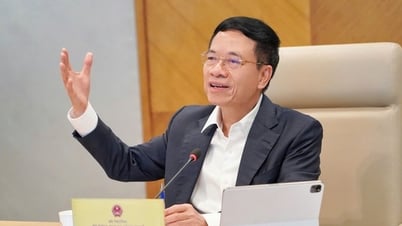

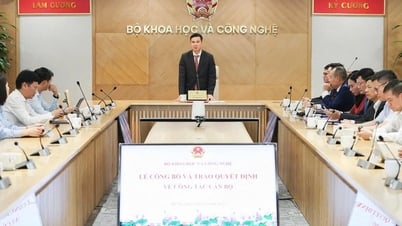

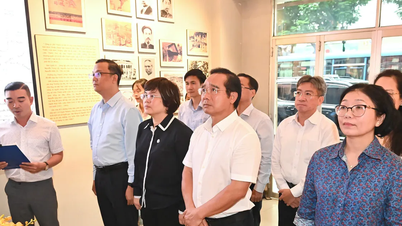

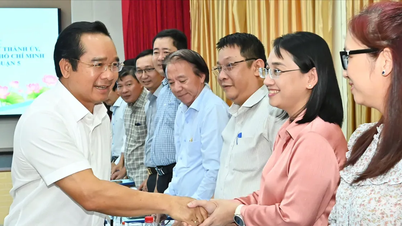

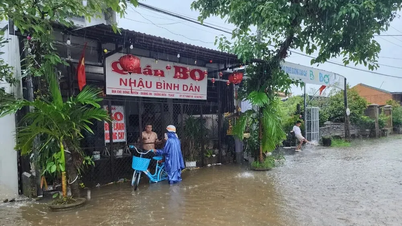
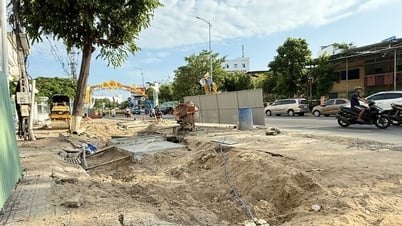




![[OCOP REVIEW] Tu Duyen Syrup - The essence of herbs from the mountains and forests of Nhu Thanh](https://vphoto.vietnam.vn/thumb/402x226/vietnam/resource/IMAGE/2025/6/5/58ca32fce4ec44039e444fbfae7e75ec)











Comment (0)